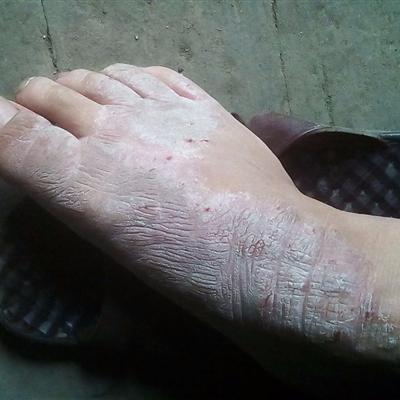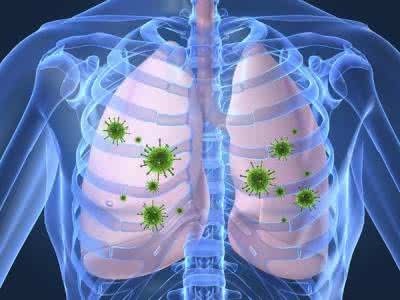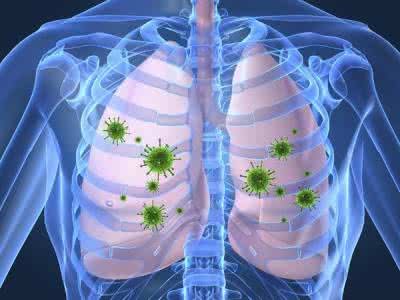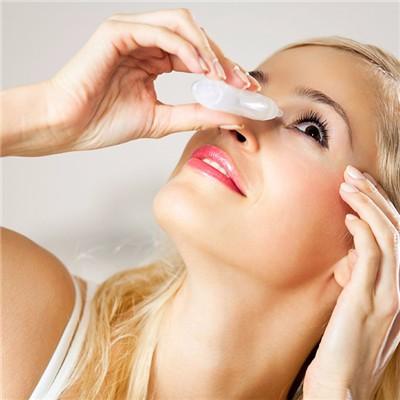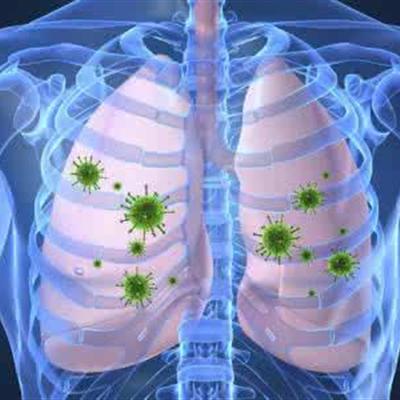Symptoms of autonomic nerve dysfunction?
summary
Autonomic nerve dysfunction should be called autonomic nerve dysfunction. It is composed of sympathetic nerve and parasympathetic nerve. It mainly controls the activities of myocardium, smooth muscle, viscera and gland secretion. It is controlled and regulated by cerebral cortex and hypothalamus, but not controlled by will. So it is called autonomic nerve. Symptoms of autonomic nerve dysfunction? Next, I'd like to share my views with you.
Symptoms of autonomic nerve dysfunction?
First, the autonomic nervous system controls the activities and secretion of internal organs (digestive tract, cardiovascular system, respiratory tract and bladder), endocrine glands and sweat glands, and participates in the regulation of glucose, fat, water and electrolyte metabolism, as well as body temperature, sleep and blood pressure. When the sympathetic nerve function is decreased or the parasympathetic nerve function is increased, it is manifested as pupil narrowing, increased salivary secretion, decreased heart rate, vasodilation, decreased blood pressure, increased gastrointestinal peristalsis and digestive gland secretion, increased liver glycogen storage to increase absorption function, bladder and rectum contraction to promote waste elimination.
Second, when parasympathetic nerve function is decreased or sympathetic nerve function is increased, it is manifested as pupil enlargement, eye fissure widening, exophthalmos, increased heart rate, visceral and skin vascular function contraction, increased blood pressure, faster breathing, bronchiectasis, inhibition of gastrointestinal peristalsis secretion function, increased blood glucose and increased peripheral blood volume.
Third: therefore, when autonomic nervous function disorder, its clinical manifestations can involve multiple systems of the whole body, such as cardiovascular system, respiratory system, digestive system, endocrine system, metabolic system, urogenital system, etc., and patients have many self-conscious symptoms. Such as chest tightness, suffocation, palpitation, near death and other cardiac neurosis; Gastrointestinal neurosis such as stomachache, bloating, vomiting and diarrhea; Some patients presented with headache and dizziness, blurred vision, insomnia, forgetfulness, numbness of skin, itching of skin, tightness and stiffness of the whole body, numbness of limbs, and fever of hands and feet,
matters needing attention
1. Self adjustment and relaxation. To maintain a good mood, good mood is conducive to the coordination of the nervous system and various organs and systems, so that the body's physiological metabolism in the best state. 2. We should cultivate reasonable and healthy eating habits and balance nutrition diet; Try to do more outdoor activities and take part in more sports; Cultivate good living habits. Go to bed early, get up early, and live regularly.

